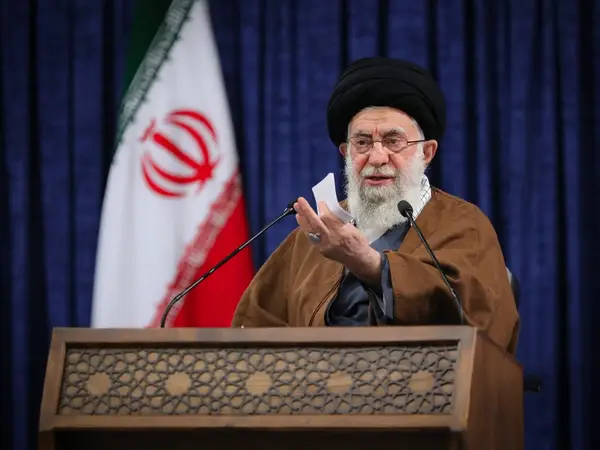Iran has ranked 170 among 177 countries in economic freedom in the latest annual report by the American think thank the Heritage Foundation.
With an overall score of 42 out of 100, Iran ranked the lowest among 14 Middle Eastern countries included in the survey of the economic freedom report, which is an authoritative comparative source on the subject. The latest report is the 28th annual edition.
Turkey, with a score of 57 is 107th in the world, while Saudi Arabia with 55.5 is 118th. The United Arab Emirates has a high score of 70 and ranks 33rd in the world.
The index measures economic freedom based on 12 quantitative and qualitative factors grouped into four categories: Rule of law, Government size, Regulatory efficiency and Open Markets.
The report says that over the past five years, Iran has experienced just 1.2 percent average annual growth, accompanied by declining economic freedom.
“Sinking under the weight of sharp drops in scores for fiscal health and business freedom, Iran has recorded an 8.1-point overall loss of economic freedom since 2017 and has fallen further in the “Repressed” category,” the report says.
From the 12 indicators in the index, Iran has regressed in 10 of them. Only taxation and government spending “do not weigh heavily on the economy.”
United States sanctions imposed since 2018 have had a serious impact on Iran’s economy, however, many indicators of economic freedom are factors related to domestic governance and the political and economic system of the ruling Islamic Republic.
“Iran’s economy, one of the Middle East’s most advanced before 1979, has been undermined since then by mismanagement, international sanctions, and pervasive graft under a repressive Islamic government dominated by Shiite religious authorities,” the report states, providing examples of peculiarities that undermine the economy.
The corruptive economic role of the Revolutionary Guard, IRGC, is one of the most prominent aspects of the state-managed economy. The ‘rule of law’ general category of factors is significantly impacted by the military’s role and lack of independence for the judiciary.
“Iranians have the legal right to own property and establish private businesses, but powerful institutions such as the Revolutionary Guard limit fair competition and entrepreneurial opportunities. The judicial system is not independent of the supreme leader,” the report summarizes.
In the broad category of ‘regulatory efficiency’ the study shows that, “The bloated state-owned sector and companies controlled by Iranian security forces put private business owners at a disadvantage.”
Iran has regressed in government integrity, fiscal health, business and labor freedom and has historically scored very low (just 5 points out of 100) in investment freedom. This is a particular issue that brings forth a debate about the impact of international sanctions. While it is easy to see that international restrictions can hurt foreign investments, Iran’s political and economic system has generally been inhospitable for all kinds of investments, and this has played a major role in keeping growth at anemic levels for four decades.
The reason for the lack of investment-friendly policies is nepotism, graft, and the military’s large stake in the economy. A more open economic system will lead to more competition, which is incompatible with the vested interests of regime insiders.
The same factors have prevented the country from joining international conventions on financial transparency, anti-money-laundering regulations and a ban on financing terrorism. Since 2017, the regime has refused to adopt legal reforms required by the Financial Action Task Force, an international watchdog. As a result, even if US sanctions are lifted, Iran’s global banking ties will remain severely restricted.
The ruling system, instead of relying more on an open economy and investments, has depended on income from oil exports and the consequent vulnerability to international sanctions.
